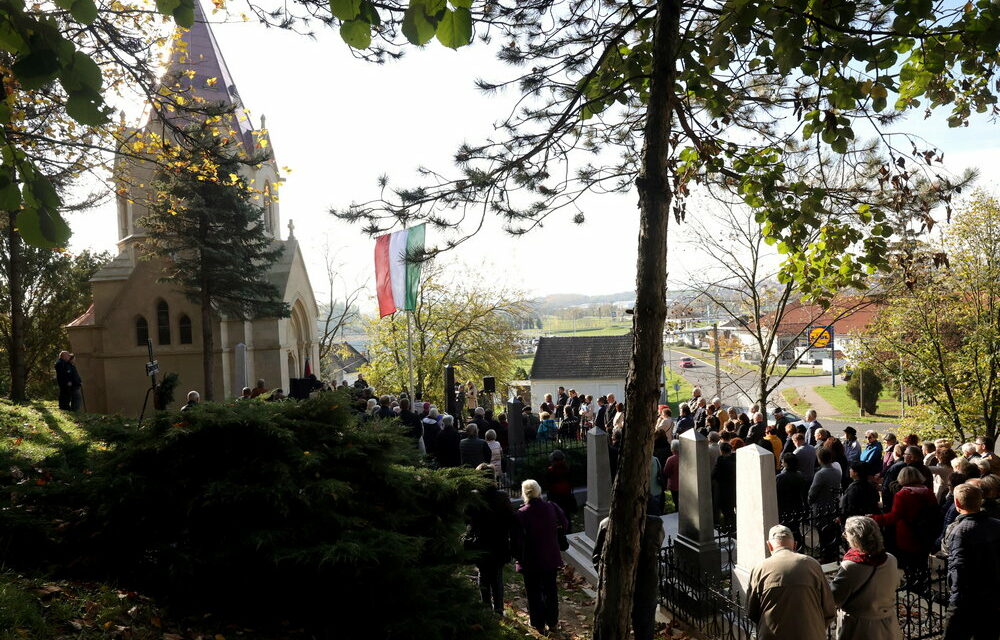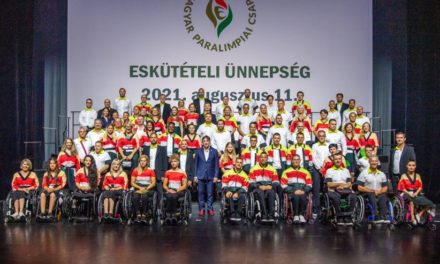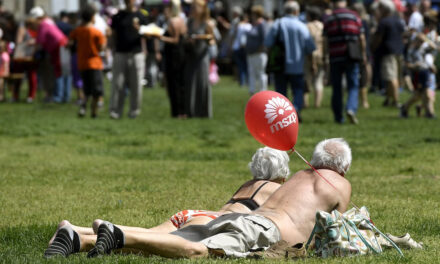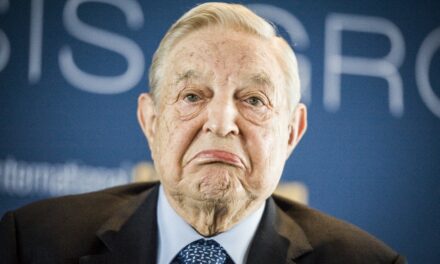The Ermel-Vojnits mausoleum, which was renovated with HUF 198 million government support, and the Perczel Cemetery in Bonyhád, which is located around the monument and houses the grave of General Mór Perczel from 1848, were handed over on Friday.
At the event, Gergely Gulyás, the minister in charge of the Prime Minister's Office, said that with the renovation, an important piece of the past could be reborn in a dignified way. The history of the Perczel family is intertwined with the life of Bonyhád and the country, he added.
He emphasized
"it is important that the cultural memories of the countryside destined for destruction be renewed".
In recent years, many hundreds of churches have been renovated in the Carpathian Basin, and in the castle and castle program, "luxurious ruins" have once again become structures showing the past, which can also be integrated into the tourism of the area, he said.
He said: "the center of the heart" of the government's work is the renewal of the countryside. The Hungarian village and the Modern cities program have already made up for many shortcomings, roads, bridges and sidewalks have been renewed. Among other things, the population conditions of hundreds of villages doomed to extinction have started to change, he said, thanks to the family home building discount in the village.
Among other things, the minister spoke about
the Perczels came to Hungary "during the wars against the Ottomans" and chose this land as their homeland. Their second generation already wrote their names in Hungarian, were Hungarian nobles, and looked at the world as Hungarians
he noted.
He went on to say that
the Perczel family had the answer to the threats to the country. Mór Perczel fought his way through the war of independence as the most radical general of the army. Béla Perczel was taken away by the Gestapo because the Nazis saw him as one of the leaders of the Loyalty to the Homeland movement as one of the biggest obstacles to the expansion of the Volksbund.
He recalled: after the Swabians were displaced, the family was also driven away, but Bonyhád did not forget them. The Perczel meeting, held annually on March 15, gathers the family, and then the town also meets its own past.
János Árpád Potápi, the State Secretary of the Prime Minister's Office responsible for national policy, the region's Fidesz parliamentary representative, explained: the tomb chapel and its surroundings underwent a complete renovation. The building is decorated with 234 square meters of interior decorative painting, 16 stained glass windows, and a new red copper roof.
He said: at the time of construction, the candlestick suspended in the space, the altar and the entire pyrogranite facade covering were all products of the Zsolnay factory, and 115 years later the company also helped with the renovation. The restored stalls and oak doors are once again a worthy decoration of the square.
He added that
on Kálvária Hill - which is part of the national cemetery - rests, among others, General Mór Perczel, Member of Parliament Dezső Perczel, Minister of the Interior, former Speaker of the House, retired High Priest Béla Perczel, founding member of the Loyalty to the Homeland movement, Catholic cantor Bertalan Perczel, a descendant of Etelka Perczel.
The state secretary mentioned that he is confident that the family mausoleum of former foreign minister Gyula Andrássy in Tőketerebes in the Uplands will also be restored.
The mausoleum on Kálvária hill in Bonyhád was built between 1905 and 1907 for Erzsébet Ermel-Vojnits, the daughter of Etelka Perczel – the muse of Mihály Vörösmarty – and Barnabás Vojnits in a neo-Gothic style based on the designs of Sándor Aigner. It has been under monument protection since 2002. The most valuable part of the chapel's furnishings is the altar made of Zsolnay ceramics with the statue of Mary.
MTI
Front page photo: Participants in the handover of the Ermel-Vojnits mausoleum, which was renovated with HUF 198 million government support, and the Perczel cemetery, which is located around the monument and houses the grave of General Mór Perczel from 1848, on Kálvária hill in Bonyhád on November 11, 2022.
MTI/Dániel Kiss












